Greek Gods Hades
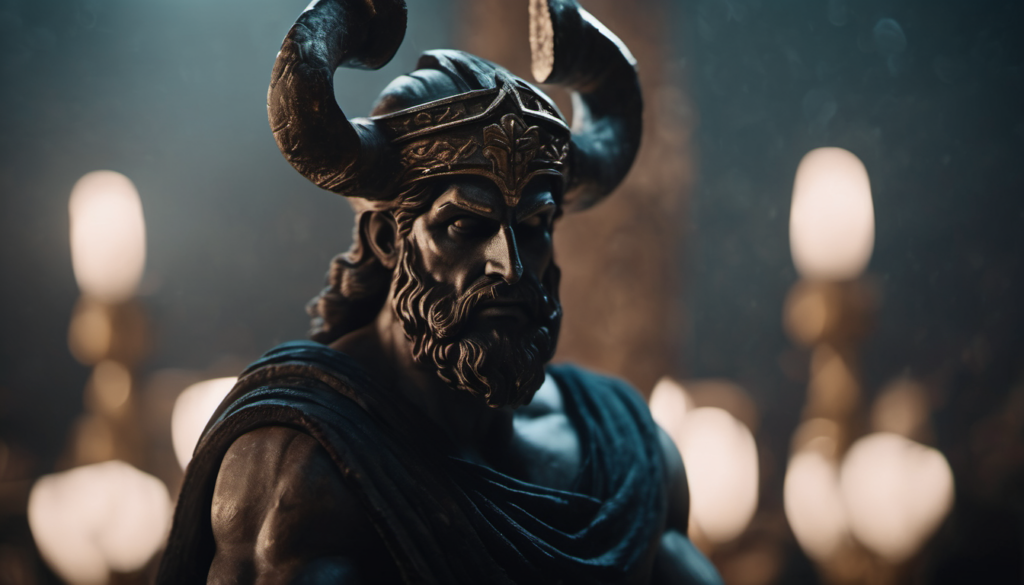
Welcome to the intriguing world of Greek mythology, where gods and goddesses rule the skies, seas, and the underworld. In this article, we will delve deep into the enigmatic realm of Hades, the Greek god of the underworld. Hades, also known as Pluto in Roman mythology, is a figure shrouded in mystery, fear, and fascination. Let’s uncover the myths, legends, and symbolism surrounding this compelling deity.
Contents
The Origins of Hades: A Mythological Portrait
According to ancient Greek mythology, Hades is one of the twelve Olympian gods who resided on Mount Olympus. He is the son of Cronus and Rhea, and the brother of Zeus and Poseidon. After overthrowing their father, the three brothers divided the realms of the universe among themselves. Hades became the ruler of the underworld, where he presided over the souls of the deceased.
Hades is often depicted as a dark and brooding figure, carrying a scepter and a key to the underworld. He is also associated with the helmet of invisibility, which he received as a gift from the Cyclops. This powerful artifact granted him the ability to move unseen and rule over the shadows.
The underworld, also known as the realm of Hades, is a place of eternal darkness and silence. It is where the souls of the dead are judged and assigned to their afterlife fate. Hades is both feared and revered as the formidable guardian of this mysterious realm.
The Symbolism of Hades: Unveiling the Depths of the Underworld
Hades is often regarded as a symbol of death, but his significance goes beyond mere mortality. In Greek mythology, he represents the cycle of life, death, and rebirth. His realm is a place of transformation and renewal, where the souls of the departed undergo a journey of spiritual evolution.
As the god of the underworld, Hades embodies the concept of darkness and the hidden aspects of the human psyche. He is associated with the subconscious mind, the realm of dreams, and the mysteries of the afterlife. Hades symbolizes the unseen forces that shape our existence and the depths of our innermost desires and fears.
Furthermore, Hades is linked to the natural world, particularly the fertile earth and the riches buried beneath its surface. In ancient Greece, he was worshipped as the god of wealth, as the precious resources found in the depths of the earth were considered to be under his domain.
The Myths and Legends of Hades: Tales from the Underworld
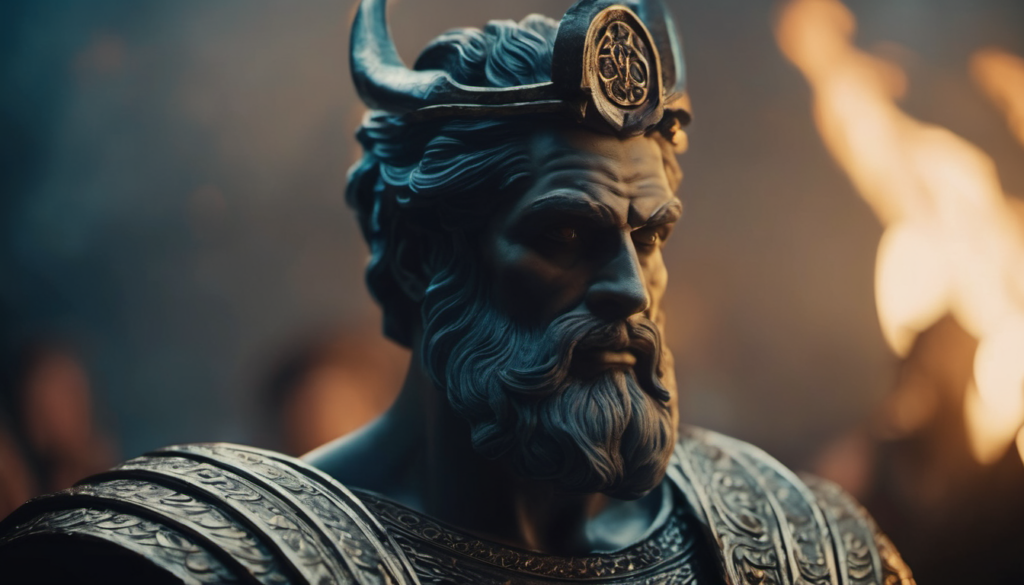
The stories surrounding Hades and the underworld are rich with symbolism and intrigue. One of the most famous myths featuring Hades is the abduction of Persephone, the daughter of the goddess Demeter. According to the myth, Hades fell in love with Persephone and took her to the underworld to be his queen.
Demeter, grief-stricken by the loss of her daughter, caused a great famine on earth. In response, Zeus intervened and arranged for Persephone to spend part of the year with her mother and the other part with Hades. This myth explains the cycle of the seasons, as the time Persephone spends in the underworld corresponds to the barren winter months.
Another well-known myth is the story of Orpheus and Eurydice, which revolves around the theme of love and death. Orpheus, a gifted musician, descended into the underworld to rescue his beloved wife Eurydice. Through the power of his music, he was able to charm Hades and Persephone, who allowed Eurydice to return to the realm of the living with one condition: Orpheus must not look back at her until they had exited the underworld. Tragically, Orpheus’ curiosity got the better of him, and he glanced back, causing Eurydice to be lost to him forever.
The Cult of Hades: Worship and Rituals in Ancient Greece
In ancient Greece, Hades was worshipped as a powerful and enigmatic deity. His cult, though not as prominent as those of other Olympian gods, played a significant role in religious practices and beliefs. The worship of Hades was often associated with the rituals of death, burial, and the afterlife.
One of the most well-documented rituals dedicated to Hades was the Eleusinian Mysteries, an ancient religious festival held in honor of Demeter and Persephone. The initiates of this secretive cult believed that by undergoing sacred ceremonies and rites, they would gain insight into the mysteries of life, death, and the afterlife.
Offerings and sacrifices were made to Hades as a way of appeasing the god and seeking his favor in matters related to the deceased. The Greeks believed that by honoring Hades, they could ensure a peaceful passage to the afterlife for their loved ones and receive blessings for themselves in return.
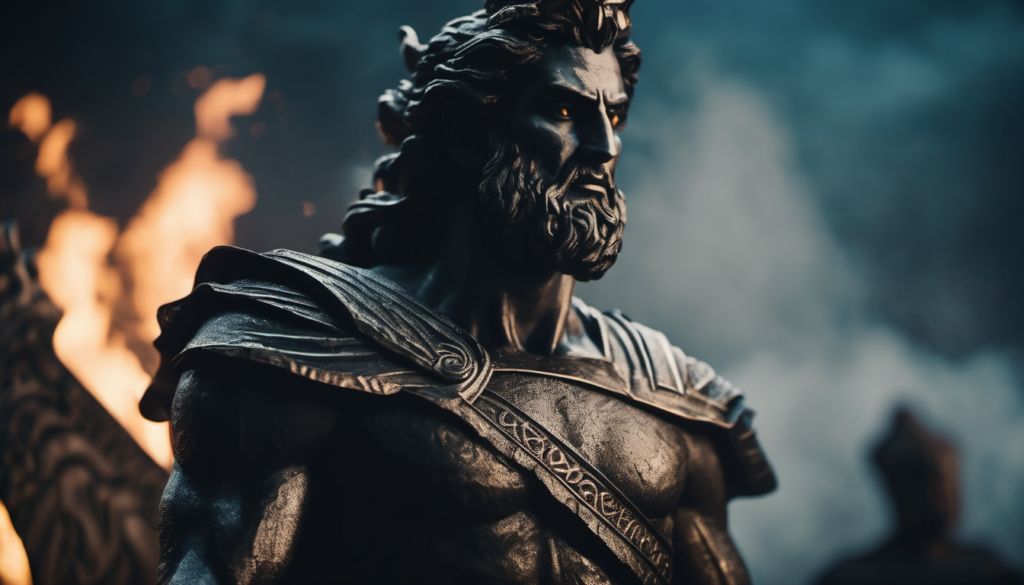
The Legacy of Hades: Influence on Art, Literature, and Popular Culture
Hades has left an indelible mark on art, literature, and popular culture throughout history. In ancient Greece, he was frequently depicted in pottery, sculptures, and paintings, often in a fearsome and awe-inspiring manner. His image inspired awe and reverence, as well as fear and apprehension.
Over the centuries, Hades has continued to captivate the imagination of artists and writers. In literature, he has been a recurring figure in works such as Dante’s Inferno and Milton’s Paradise Lost, where the portrayal of the underworld and its ruler draws heavily from the imagery and symbolism associated with Hades.
In modern popular culture, Hades is a prominent figure in various forms of media, including films, television shows, and video games. He is often depicted as a dark and complex character, embodying the allure of the forbidden and the enigmatic depths of the human psyche.
Conclusion: Embracing the Enigma of Hades
As we conclude our exploration of the enigmatic realm of Hades, it becomes clear that this Greek god represents far more than the concept of death and the underworld. Hades embodies the mysteries of the human experience, the unseen forces that shape our existence, and the cycle of life, death, and rebirth.
Through the myths, legends, and symbolism surrounding Hades, we gain insight into the profound aspects of our subconscious, the transformative power of the unknown, and the enduring legacy of ancient belief systems. The legacy of Hades continues to inspire and intrigue, inviting us to embrace the enigma of the underworld and the depths of the human soul.
Share this content:
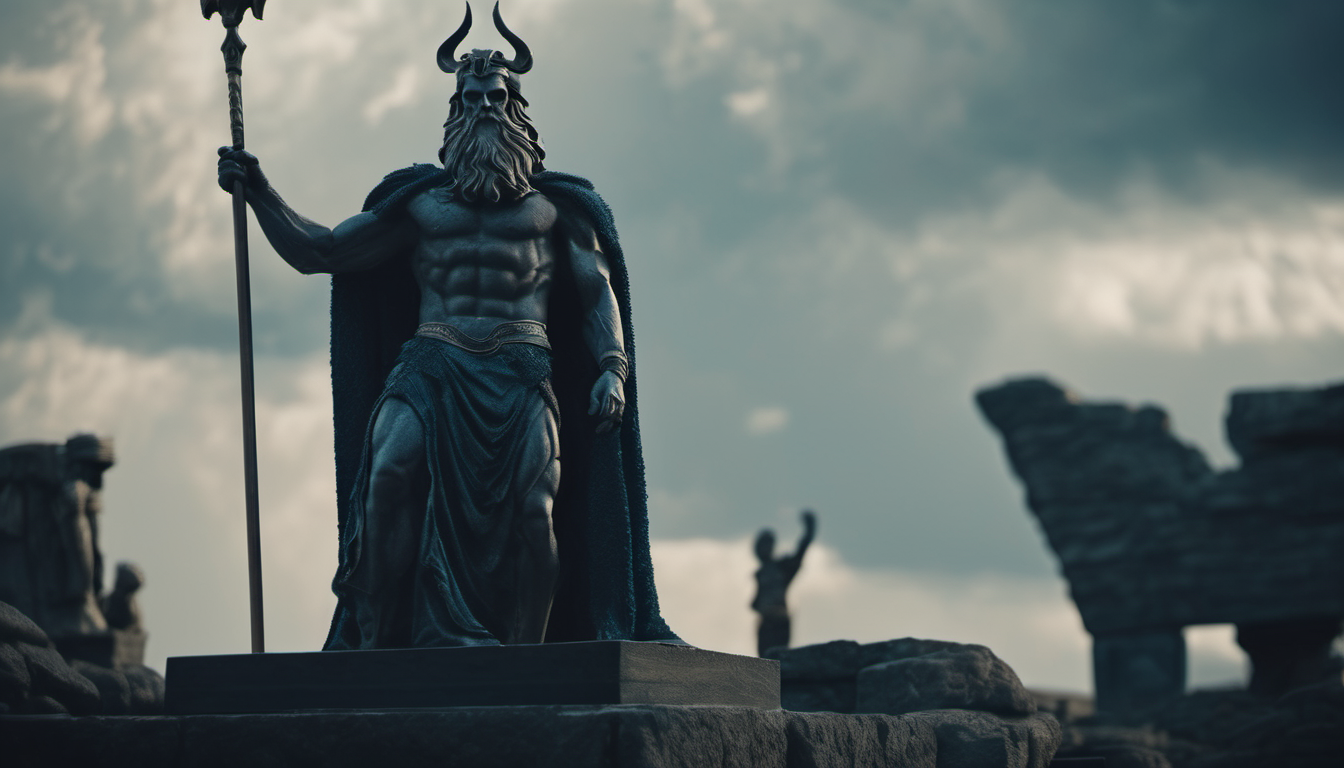
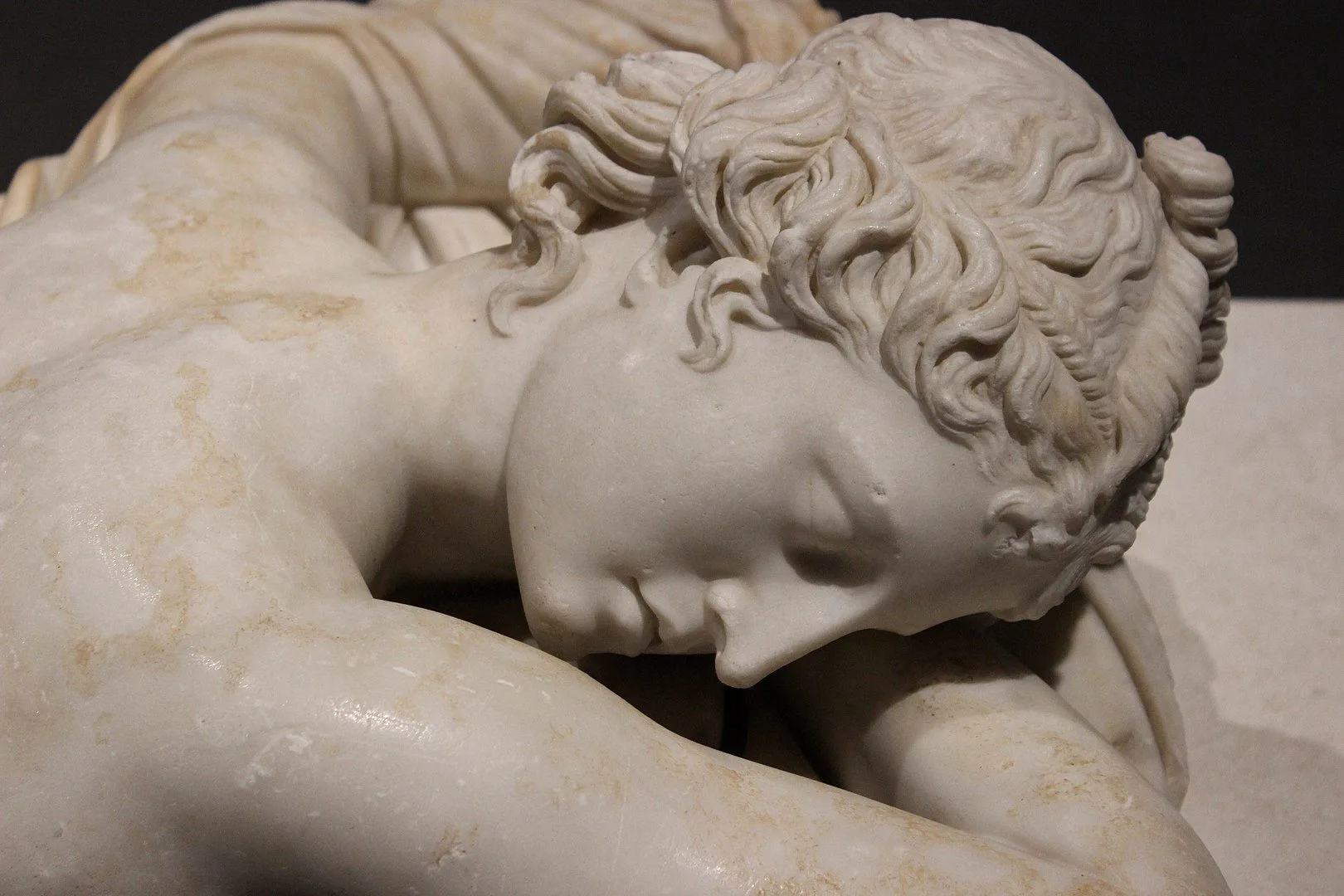


Post Comment